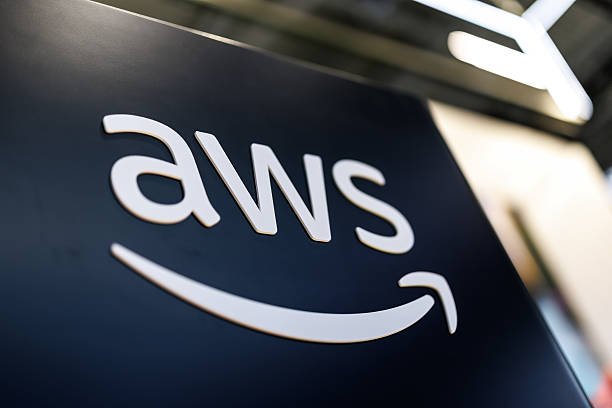Amazon Web Services (AWS) – the backbone of much of the modern Internet – faced a major outage that disrupted thousands of businesses and millions of users across the world. From social media giants like Snapchat and Reddit to banks such as Lloyds and Halifax, and even popular online games like Roblox and Fortnite, the impact was widespread.
AWS, owned by Amazon, powers nearly one-third of the Internet. It provides cloud computing tools, online storage, and server management to countless companies, saving them from running their own infrastructure. In short, AWS keeps a large part of the digital world running smoothly – until something goes wrong.
This time, the issue came down to something surprisingly simple; a Domin Name System (DNS) failure. For those outside the tech industry, DNS acts like the Internet’s address book, helping your device find websites and apps. When you open an app or click a link, your device asks the DNS where to go. During the outage, AWS essentially “lost its map”, meaning it couldn’t locate where to send users – even though the services themselves were still online.
Experts call this a classic DNS failure, and while it may sound small, it can cause massive Internet disruption. In this case, platforms like Canva, Snapchat, and HMRC became unreachable simply because the system directing traffic to them went down.
AWS confirmed that the issue started at its data center in Northern Virginia, one of its oldest and largest hubs. While the company has not pointed to any cyberattack, the problem could have resulted from a maintenance error, a server misconfiguration, or simple human error – all common causes of such outages.
This incident highlights a major risk in today’s digital world; too much reliance on one cloud provider. AWS dominates the cloud industry, and millions of businesses depend on it for essential operations. While there are other major players like Microsoft Azure and Google Cloud Platform, few can match AWS’s global reach and infrastructure capacity. Smaller competitors such as IBM Cloud, Alibaba Cloud, and Europe’s Stackit — launched by Lidl’s parent company — are growing but still far behind.
Many industry voices argue that regions like the UK and Europe need to develop their own independent cloud systems to reduce dependency on US-based giants. Others believe it may already be too late, given AWS’s massive lead and widespread integration into global systems.
This outage serves as a wake-up call, showing how even a small technical glitch can ripple through the Internet and affect millions. While AWS continues to be the dominant force in cloud computing, today’s event proves that even the biggest names aren’t immune to digital fragility.






















